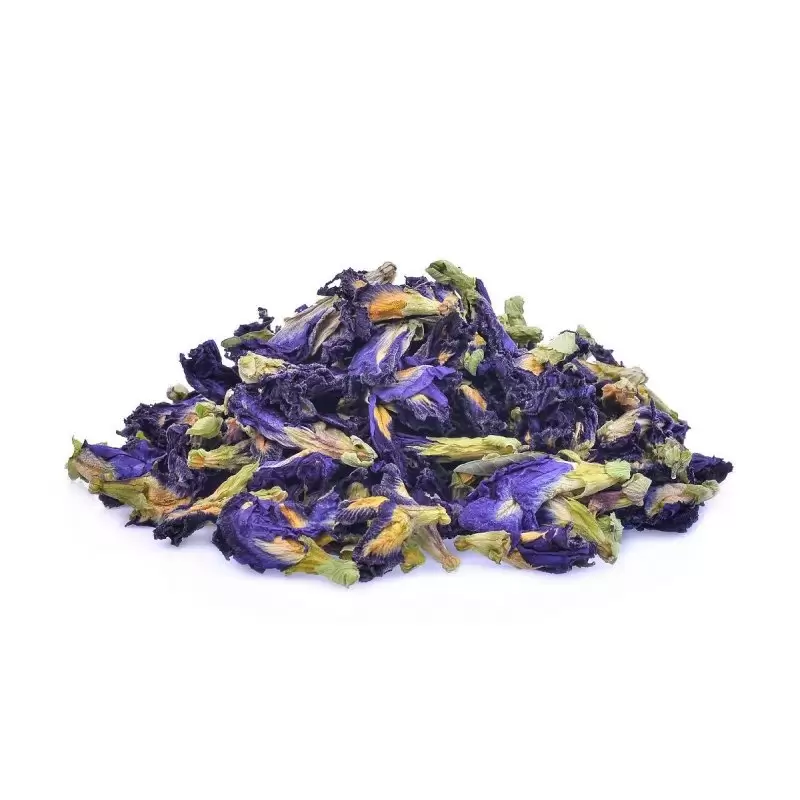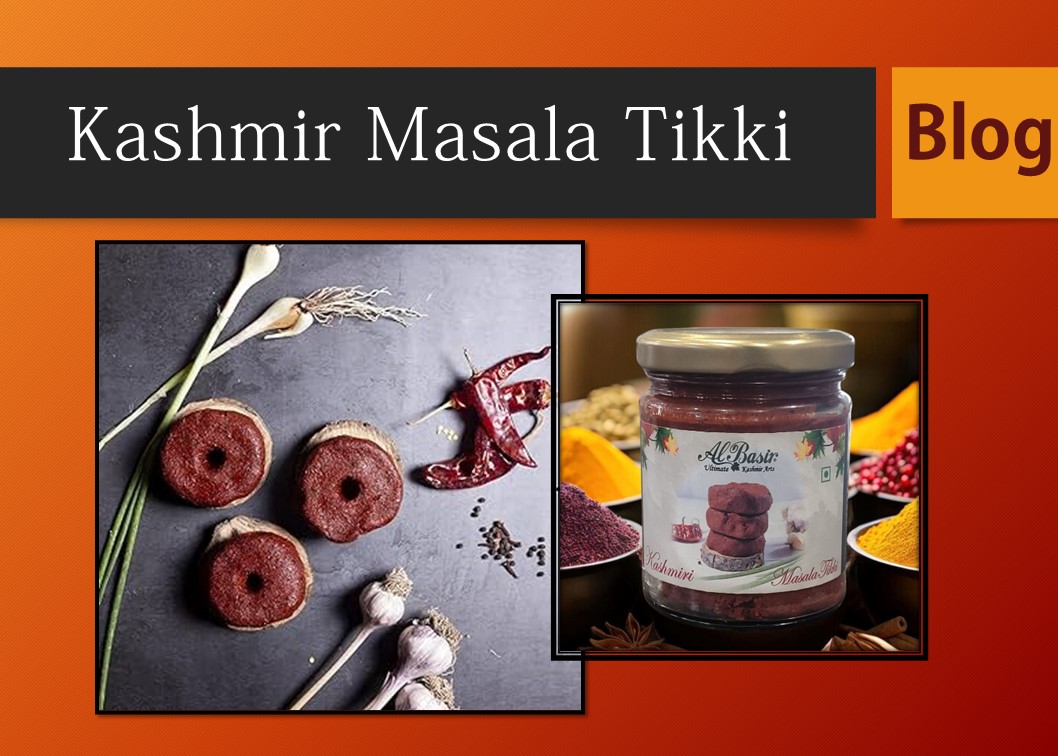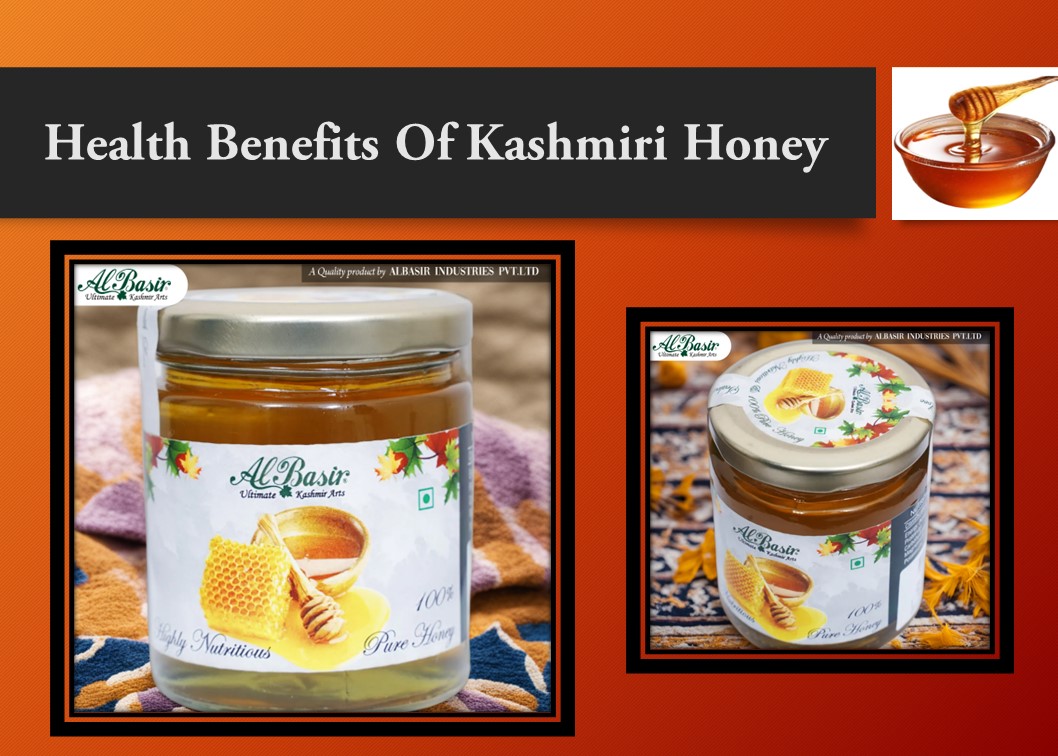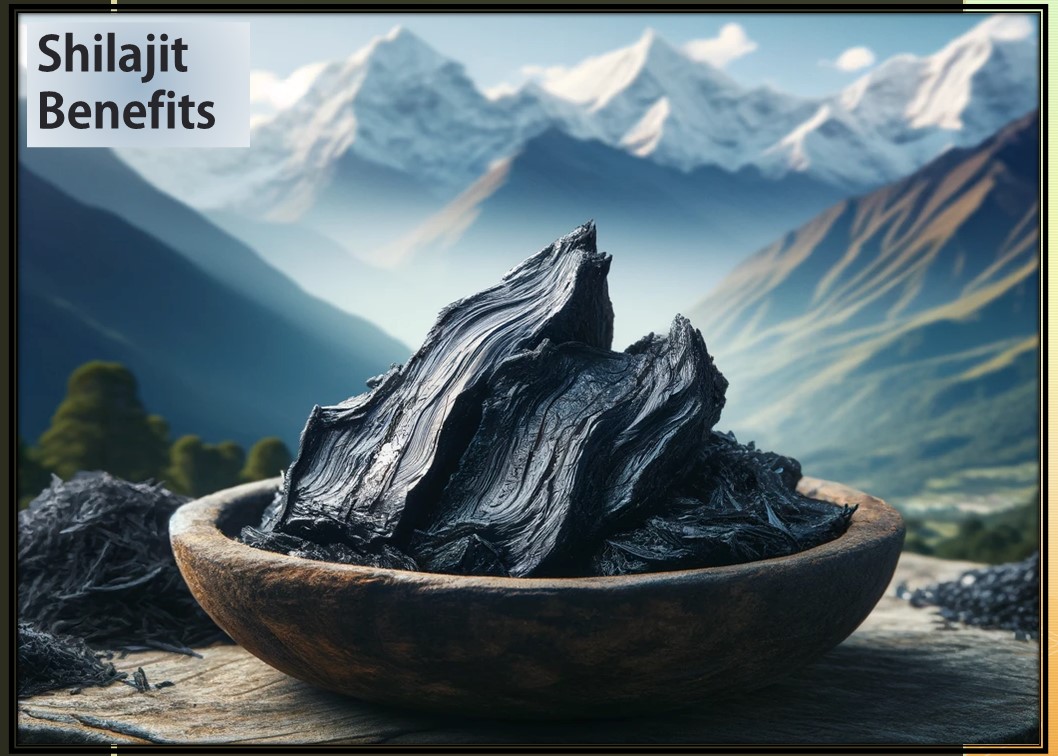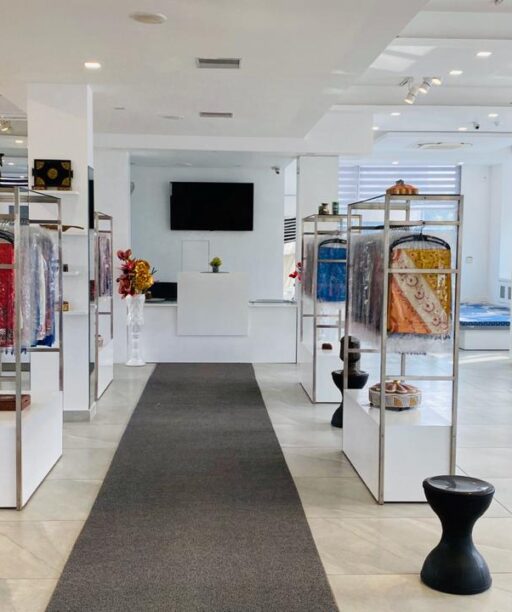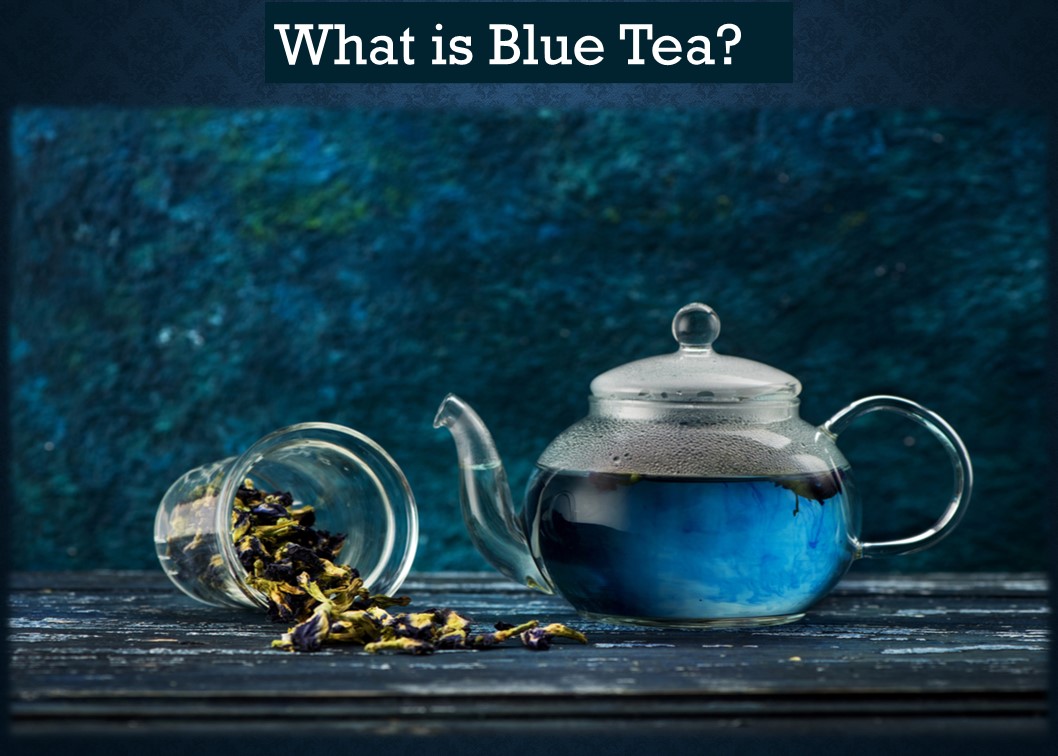
Blue tea is a caffeine-free herbal tea made from the butterfly pea flower, scientifically known as Clitoria ternatea. The plant is native to Southeast Asia and is widely grown in India, Thailand, and Malaysia. With a vibrant blue colour that gives the tea its unique blue hue. Blue tea is also known as blue pea tea, Anchan tea, or Clitoria tea. The one at Albasir uses Gokarni Flower, Cardamom, Dry Ginger, Green Tea to create the 100 percent ayurvedic mix for your health!
Blue Tea: Health Benefits and Side Effects
- Rich in antioxidants – Blue tea is rich in antioxidants, which help to protect the body from free radicals that can cause cellular damage.
- Good for digestion – It has anti-inflammatory properties that help to soothe the digestive system and reduce inflammation.
- Reduces anxiety – Blue tea has anxiolytic properties that help to reduce anxiety and promote relaxation.
- Boosts brain function – Blue tea contains flavonoids that improve cognitive function and memory.
- Promotes healthy skin and hair – Blue tea has anti-inflammatory and antioxidant properties that help to promote healthy skin and hair.
Potential Side Effects of Blue Tea.
While blue tea is generally considered safe for consumption, it may cause some side effects in some people. Some of the potential side effects of blue tea are:
- Low blood pressure – Blue tea can cause a drop in blood pressure, which can be dangerous for people with low blood pressure.
- Allergic reactions – Some people may be allergic to the butterfly pea flower and may experience allergic reactions such as itching, swelling, or rashes.
- Interference with medications – Blue tea can interfere with certain medications such as antidepressants and blood thinners so make sure of your health needs before making this change to your diet.
How to Make Blue Tea
Making blue tea is simple and easy. Here is a step-by-step guide on how to make blue tea:
Ingredients:
1 tsp of blue tea from blue tea
1 cup of water
Honey or lemon (optional)
Instructions:
- Boil one cup of water in a pot.
- Add one teaspoon of the tea
- Let it steep for 3-5 minutes until the water turns blue.
- Strain the tea into a cup.
- Add honey or lemon for taste (optional).
- Enjoy your blue tea!
Origin of Blue Tea
Blue tea has been consumed for centuries in Southeast Asia, especially in Thailand and Malaysia. It is also consumed in India, where it is known as ‘Shankhpushpi.’ The butterfly pea flower is considered a medicinal plant in Ayurveda, and it is believed to have several health benefits as a part of the ayurveda system. Ayurveda, the ancient Indian system of medicine, has been using natural remedies for thousands of years to promote health and wellness and with it’s recognition by the West, the standards and demand are through the roof!

What is Blue Tea Good For?
Blue tea is known for its numerous health benefits. It is rich in antioxidants, which help to protect the body from cellular damage caused by free radicals. Blue tea is also good for digestion, reduces anxiety, boosts brain function, and promotes healthy skin and hair. Additionally, it is a caffeine-free herbal tea, making it an excellent choice for those looking for a caffeine-free alternative to traditional teas.
Is Blue Tea Better than Green Tea?
While both blue tea and green tea have health benefits, they differ in their composition. Green tea contains caffeine and has been linked to weight loss and improved brain function. Blue tea, on the other hand, is caffeine-free and has been shown to have anti-inflammatory and anxiolytic properties. Ultimately, it depends on your personal preferences and what you are looking for in a tea.
What Does Blue Tea Taste Like?
Yes, blue tea is definitely tasty! While the flavor is subtle and slightly earthy, it has a slightly sweet aftertaste that makes it enjoyable to drink. Additionally, blue tea can be enjoyed either hot or cold, making it a versatile beverage that you can enjoy year-round. And let’s not forget about the stunning blue color, which adds a fun and unique twist to your regular tea routine. Overall, if you’re looking for a delicious and healthy beverage, blue tea is definitely worth trying.
Is Blue Tea Tasty?
While taste is subjective, many people enjoy the mild, earthy flavour of blue tea. Some prefer to add honey or lemon to enhance the flavour, while others enjoy it as is. If you are looking for a caffeine-free alternative to traditional teas, blue tea is definitely worth a try.
Does Blue Tea Burn Fat?
While blue tea is not a magic weight loss solution, it can potentially aid in weight loss when combined with a healthy diet and exercise routine. Blue tea contains a type of antioxidant called catechins, which are also found in green tea. Catechins have been shown to have a mild thermogenic effect, which means they can slightly increase your body’s metabolism and help your body burn more calories throughout the day. Additionally, blue tea has been shown to have a positive effect on glucose and lipid metabolism, which can also aid in weight loss.
It’s important to note that drinking blue tea alone won’t lead to significant weight loss. It’s just one small piece of the puzzle. To see real results, you should also focus on eating a healthy diet that’s rich in whole foods and low in processed foods, and engage in regular physical activity.
Can We Drink Blue Tea at Night?
Yes, you can drink blue tea at night. Since blue tea is caffeine-free, it will not interfere with your sleep or keep you awake. In fact, many people find blue tea to be a relaxing and calming drink that can help promote sleep and relaxation. So, if you are looking for a healthy and soothing beverage to enjoy before bed, blue tea is a great option. Just brew up a cup, sit back, and let the beautiful blue colour and subtle flavour of blue tea help you unwind after a long day.
Is Blue Tea Healthier than Green Tea?
While both blue tea and green tea have health benefits, they differ in their composition. Blue tea is caffeine-free and has anti-inflammatory and anxiolytic properties, while green tea contains caffeine and has been linked to weight loss and improved brain function. Ultimately, the choice between blue tea and green tea comes down to personal preference and what you are looking for in a tea.
-
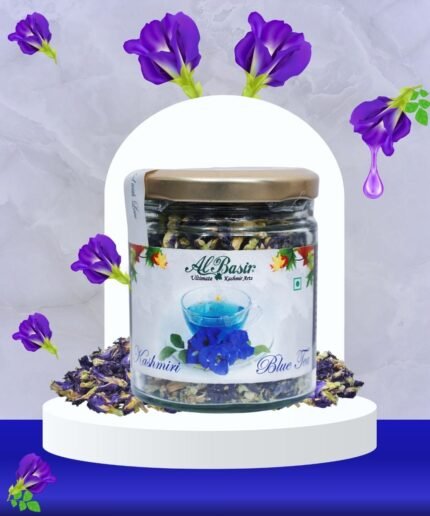 Blue Tea$5.98
Blue Tea$5.98




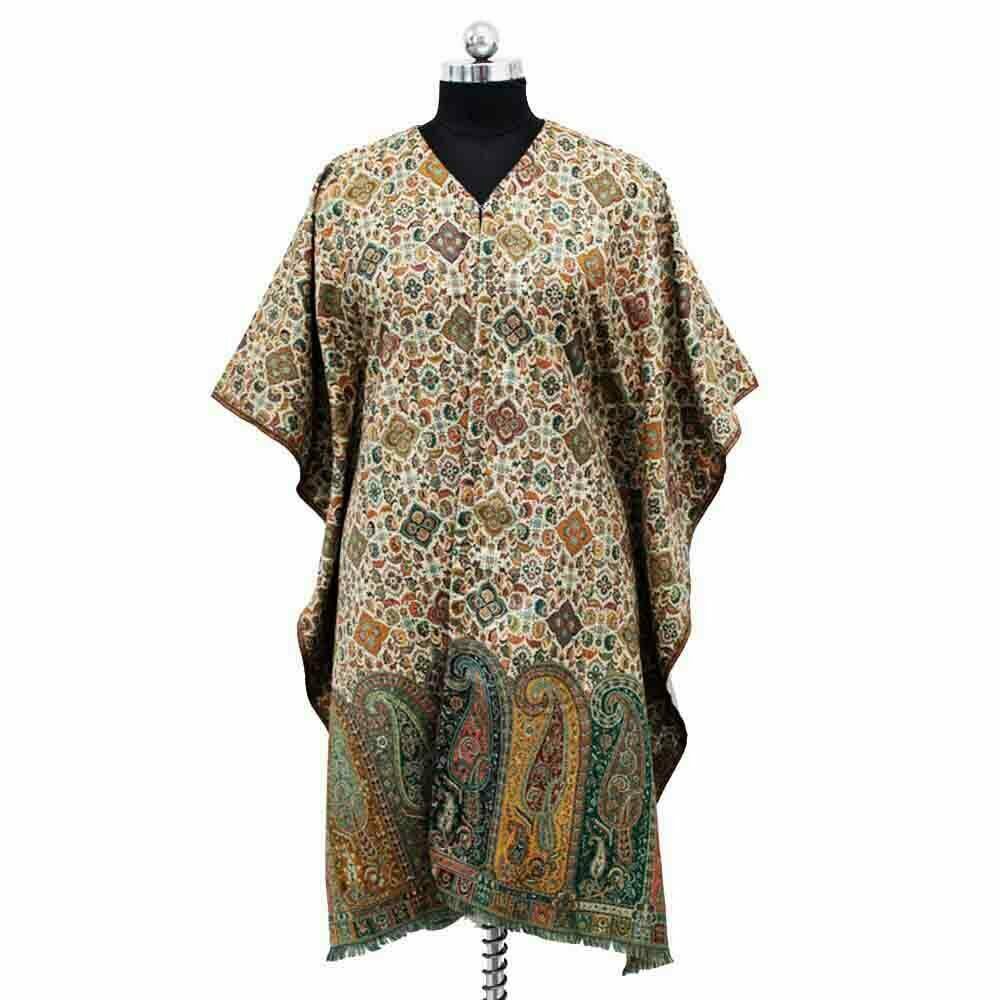





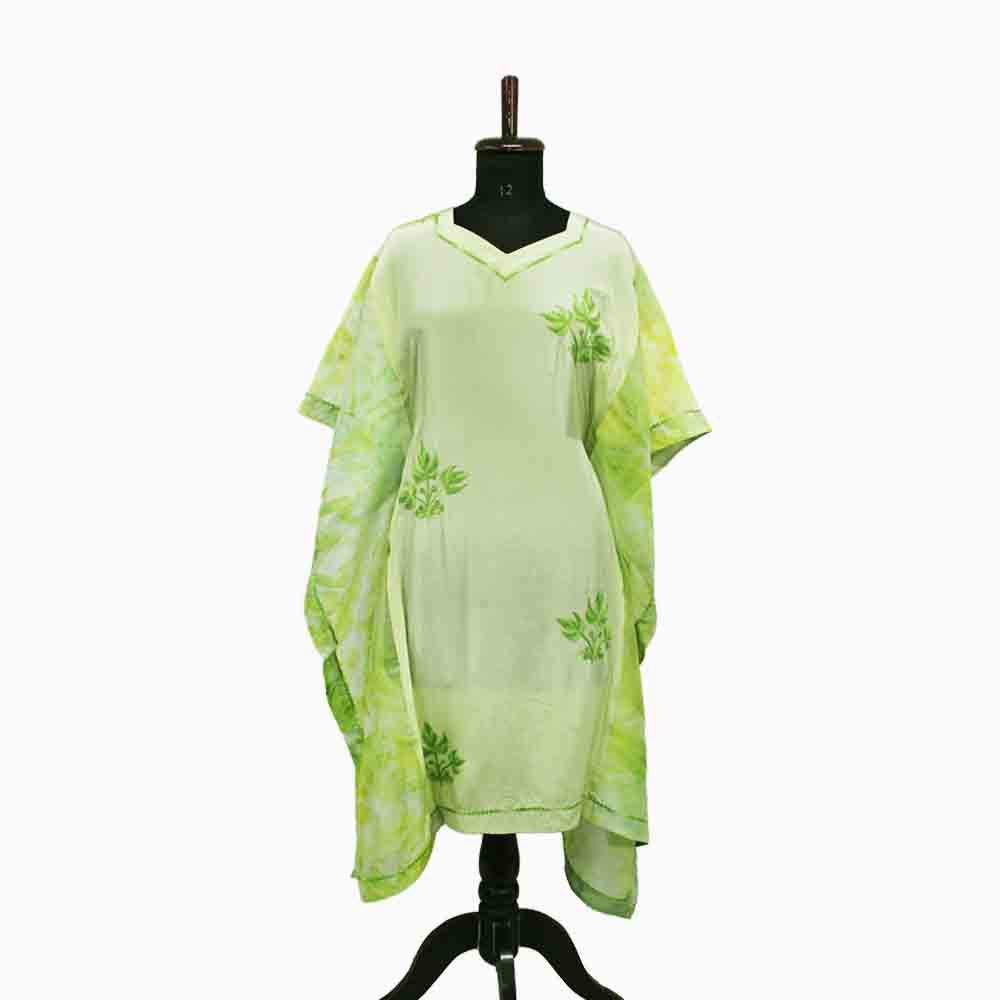

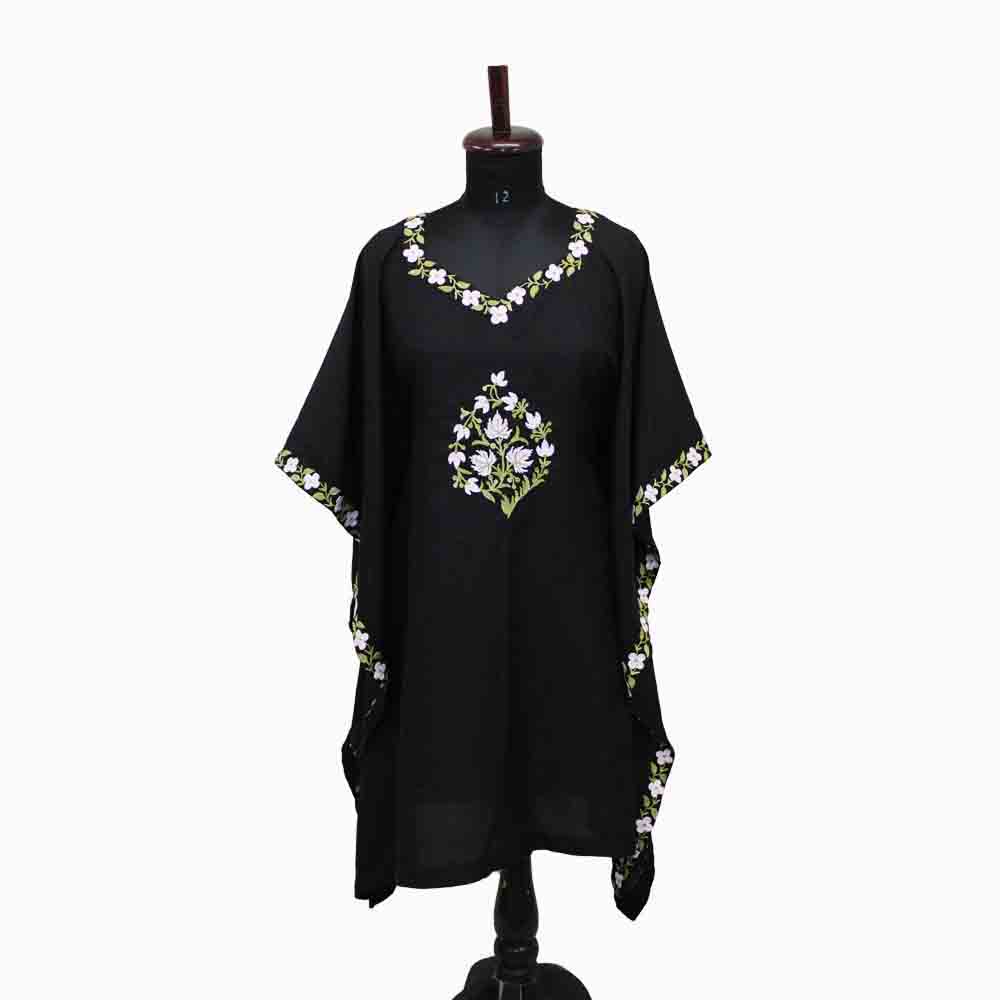

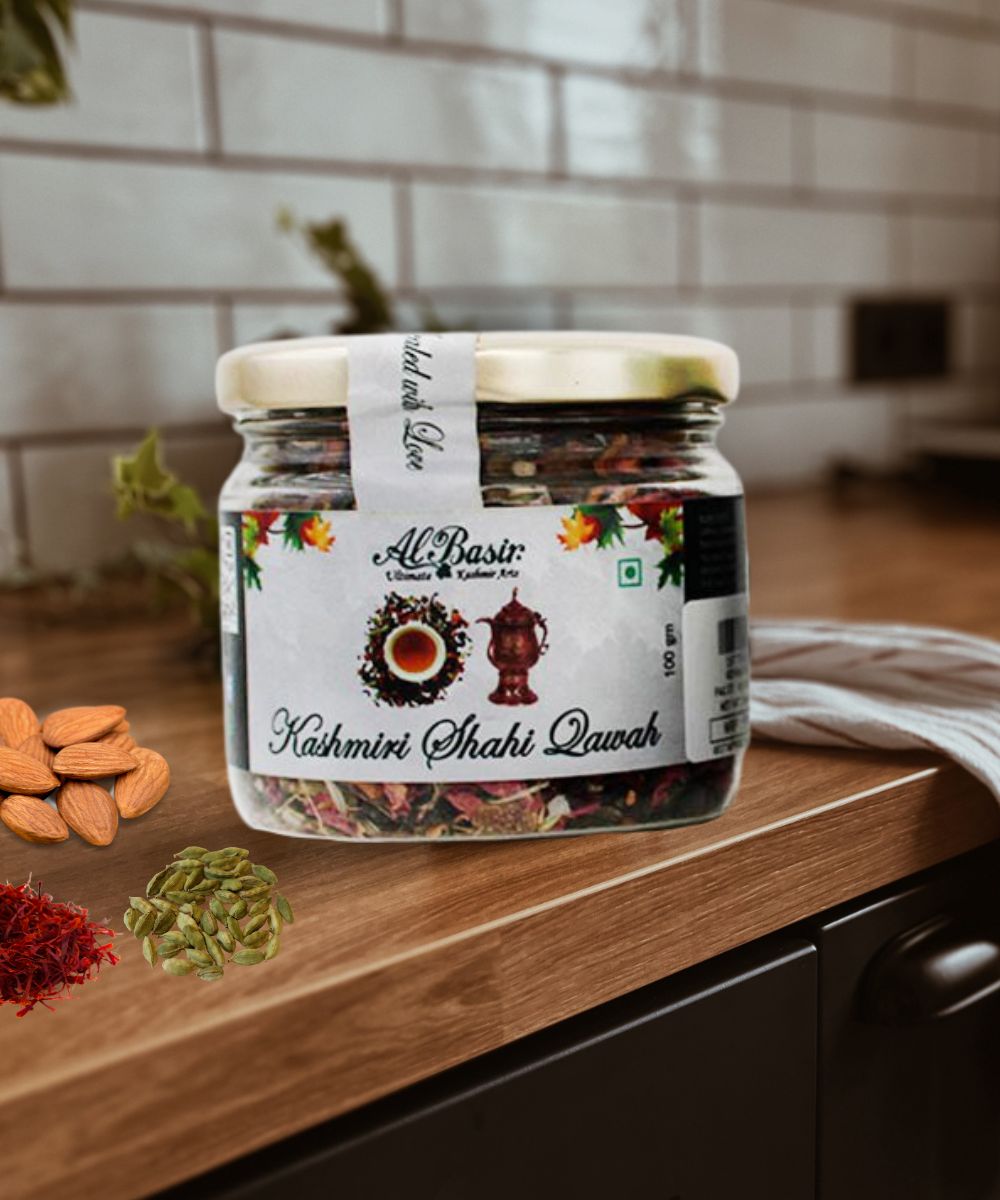

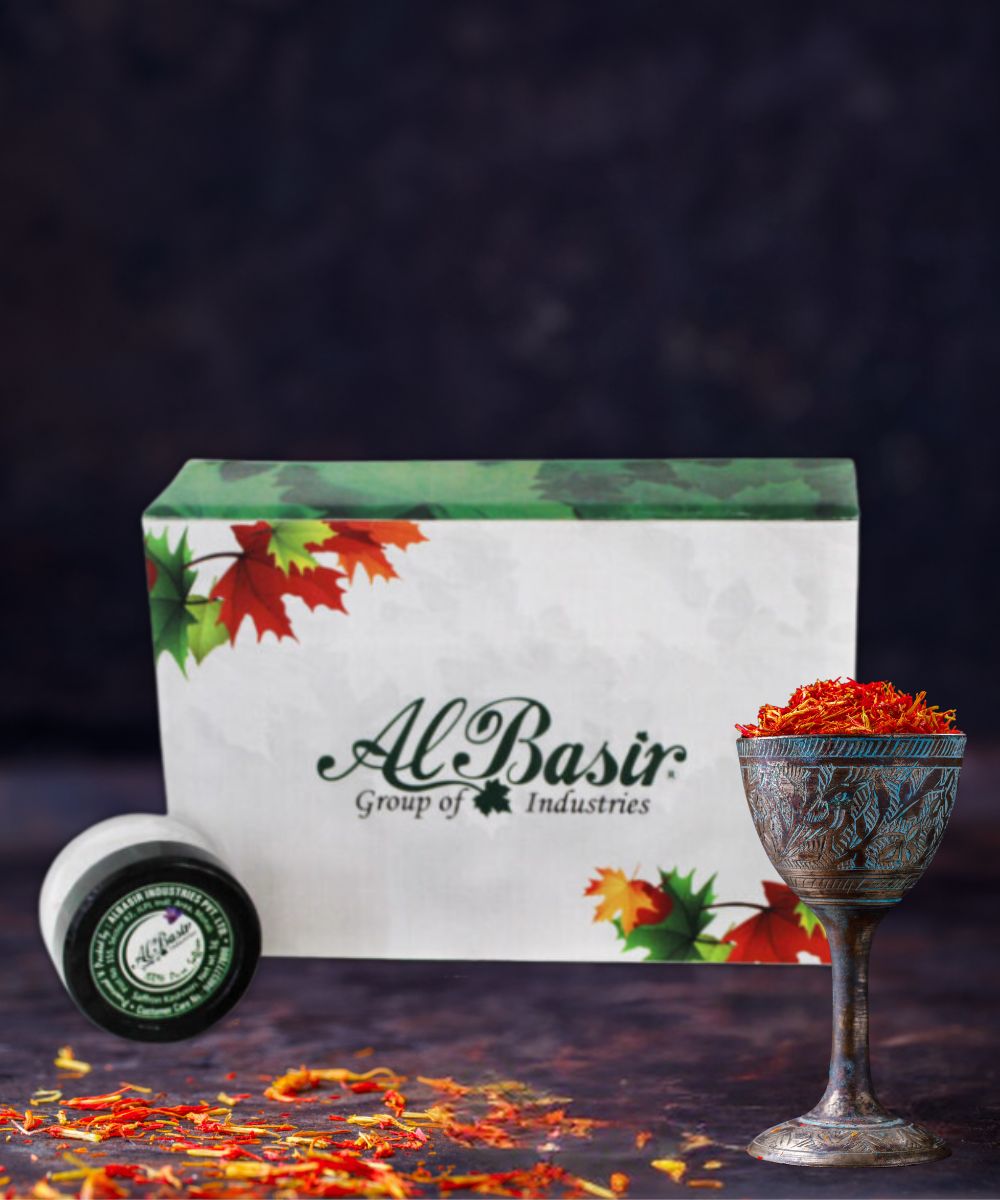
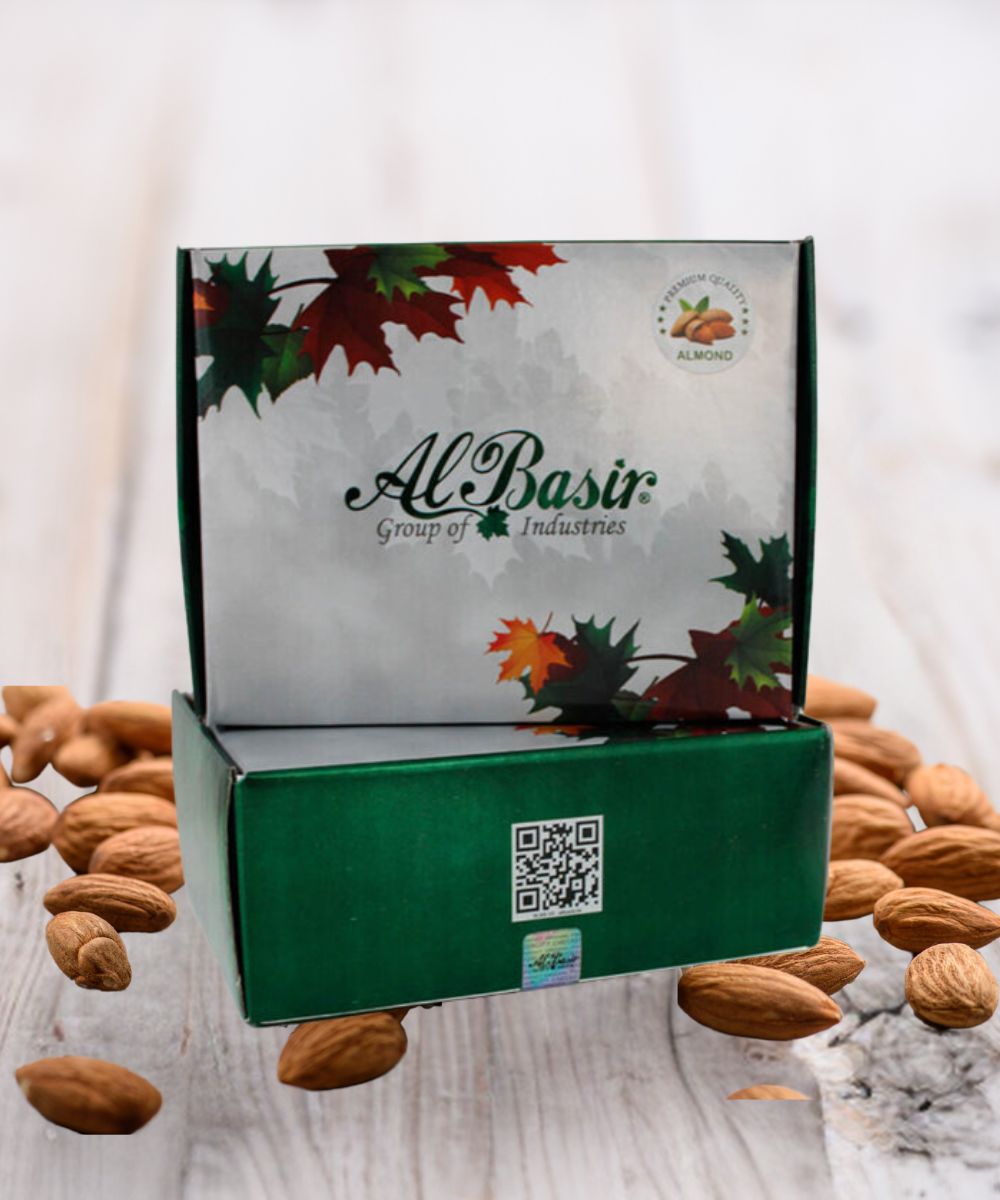
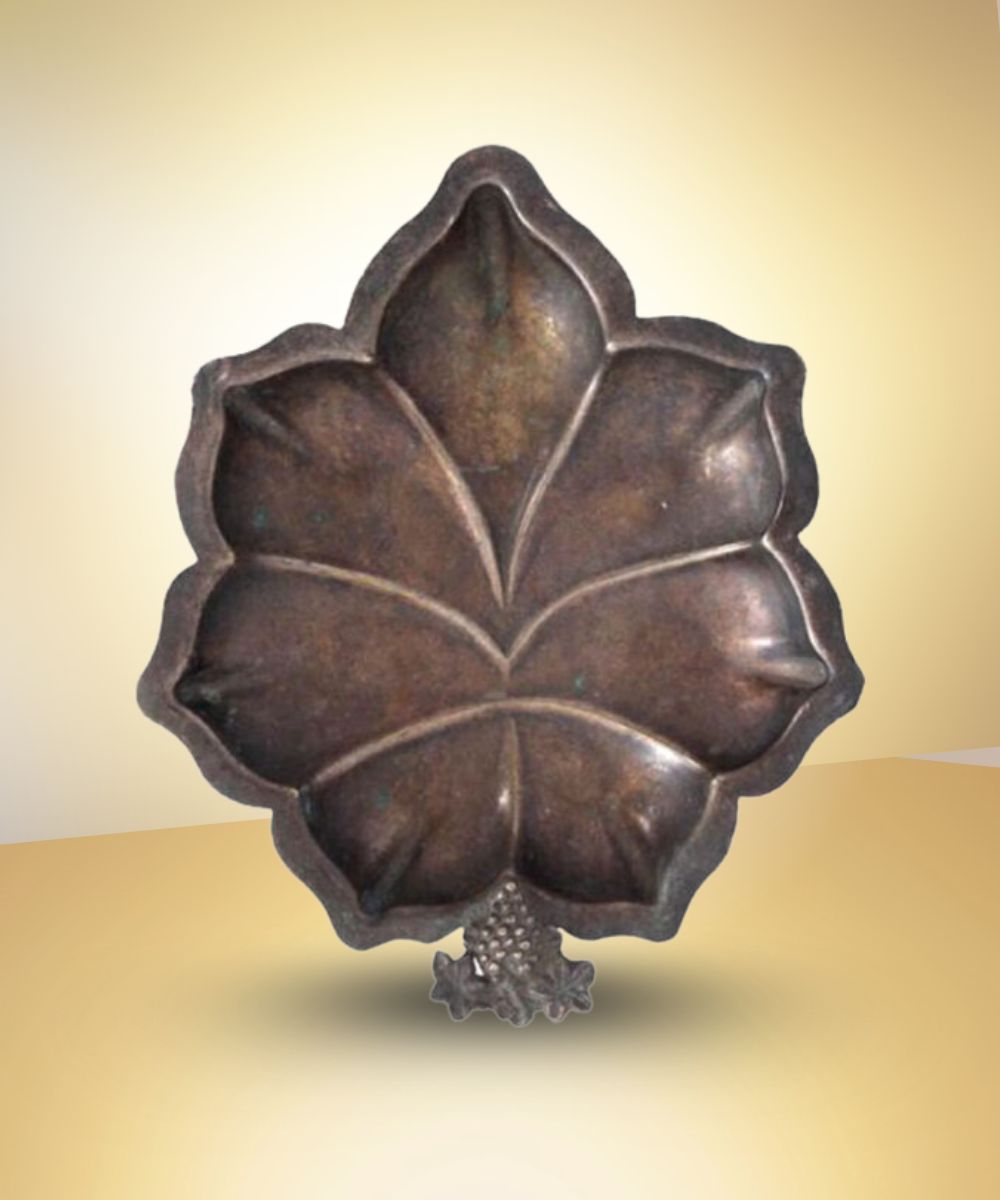
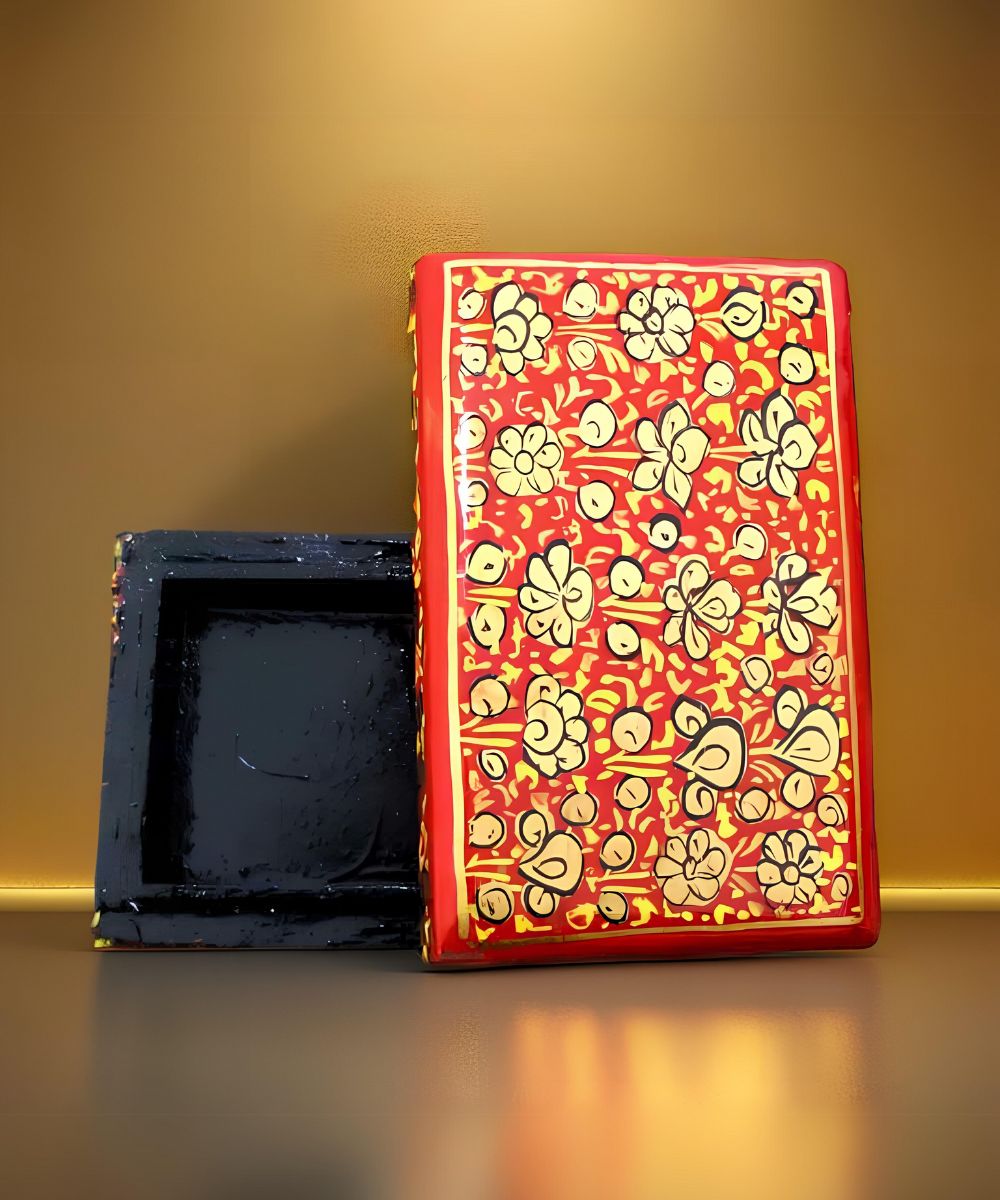
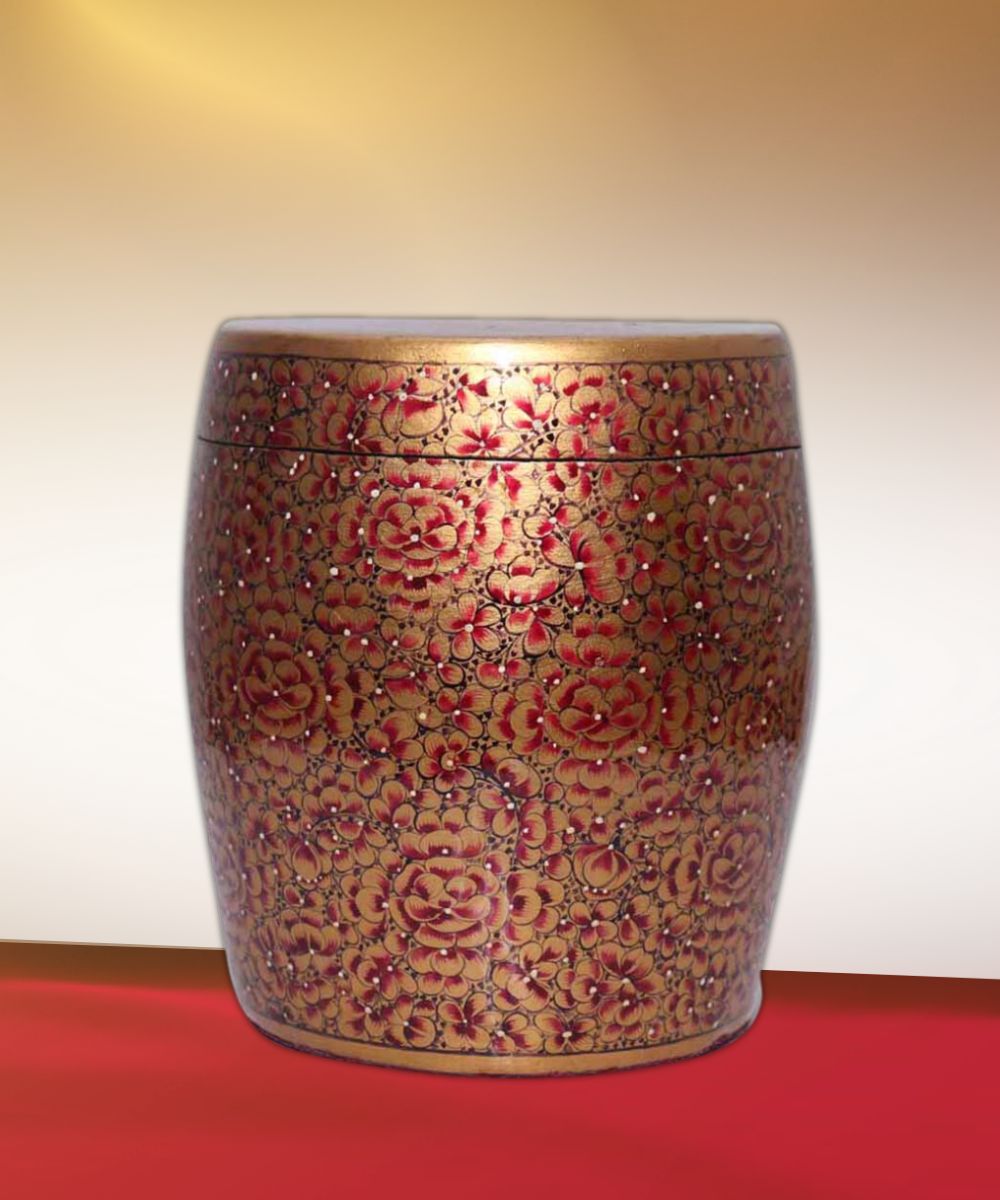
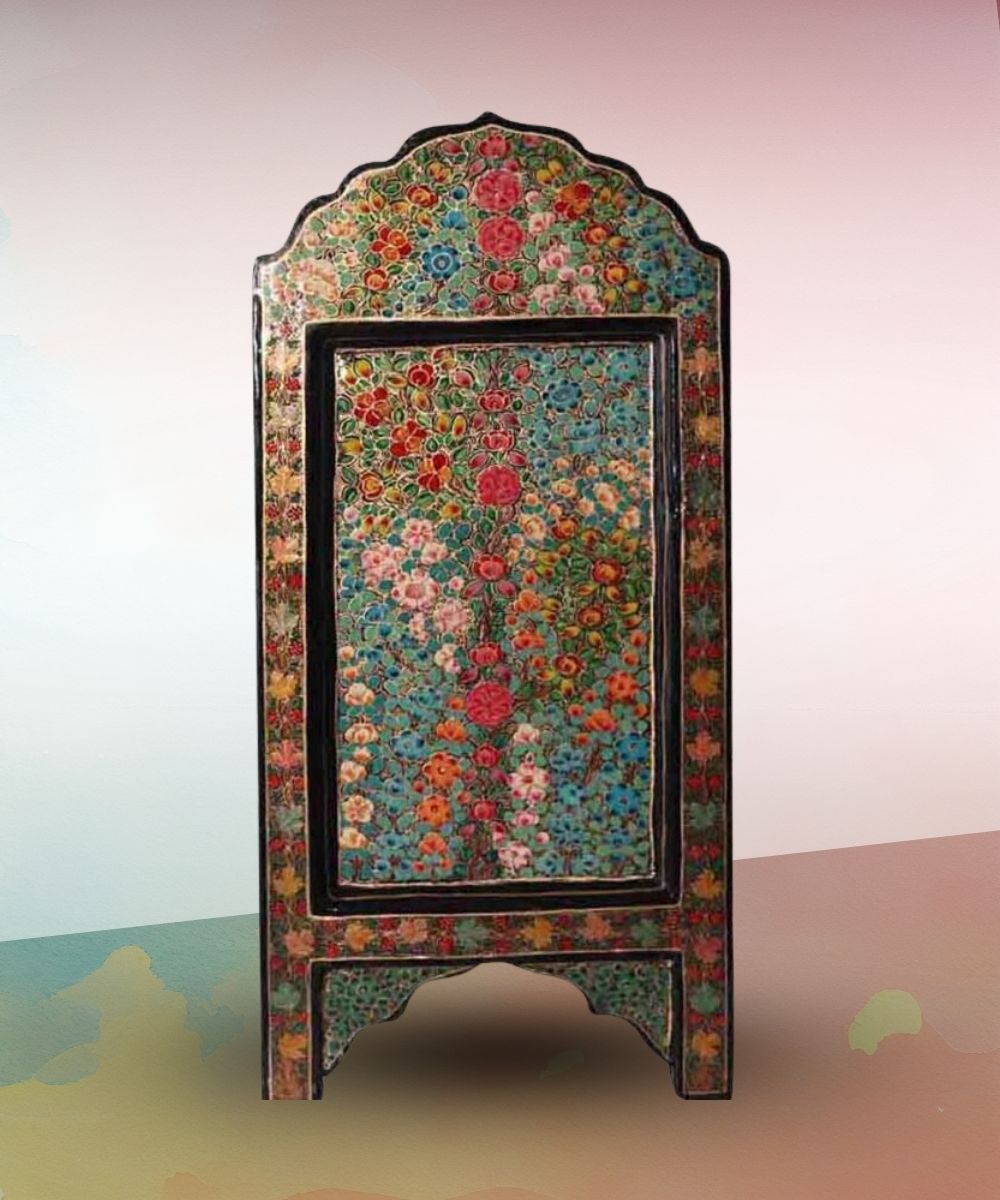
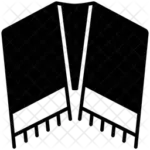

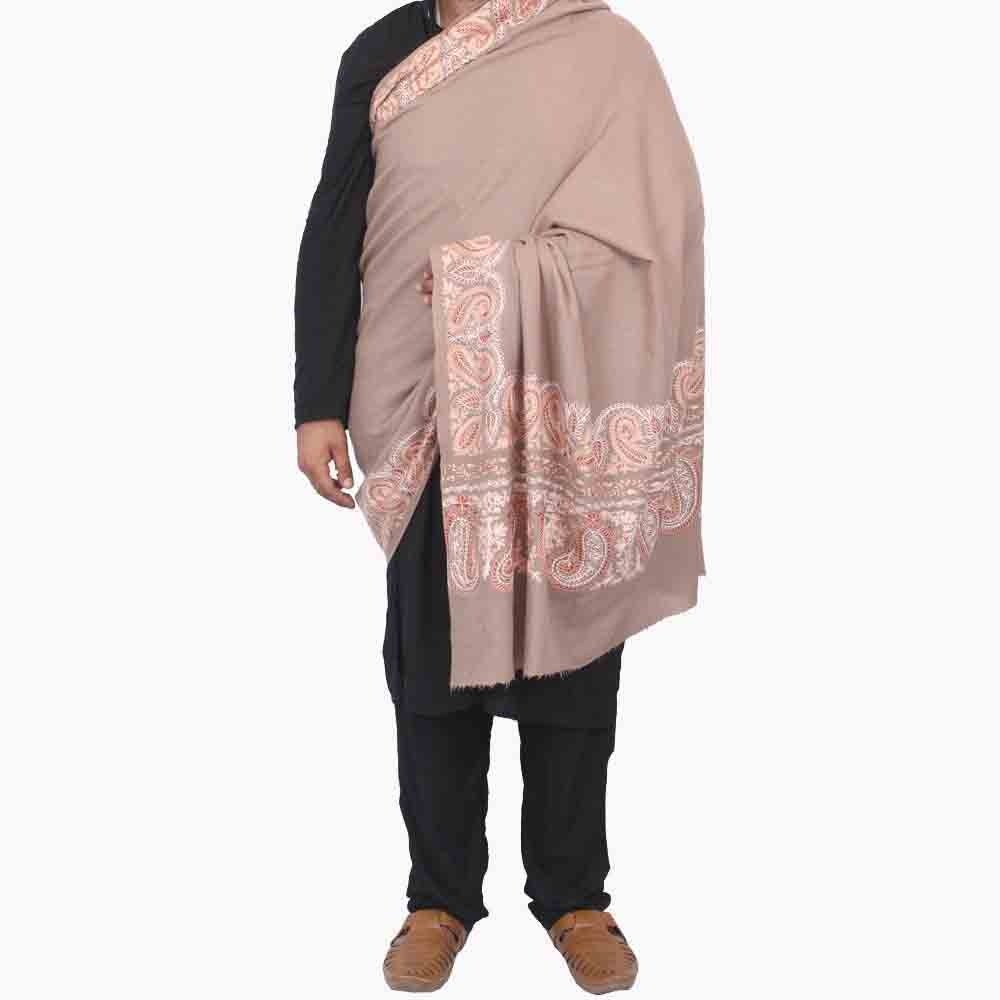







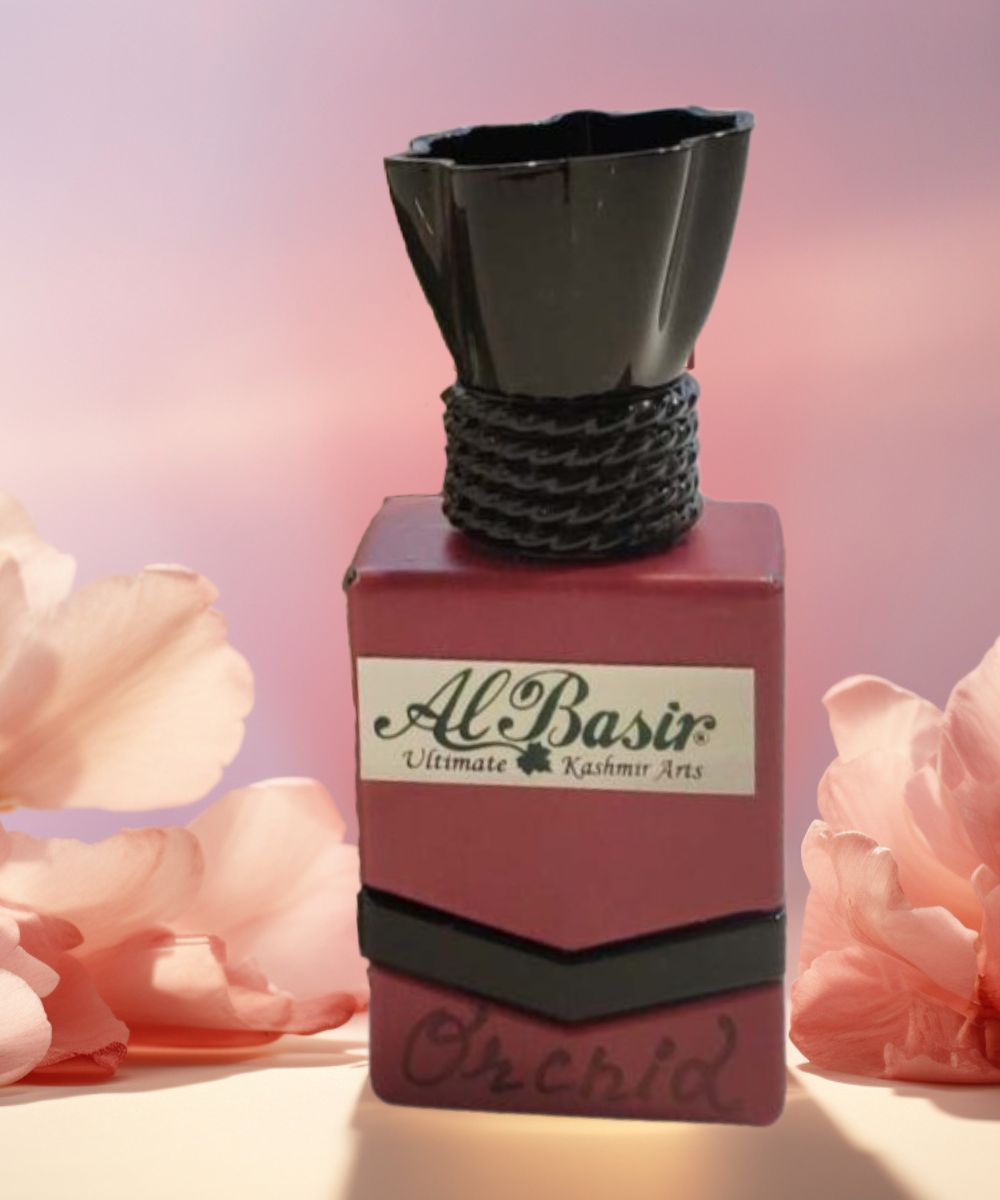
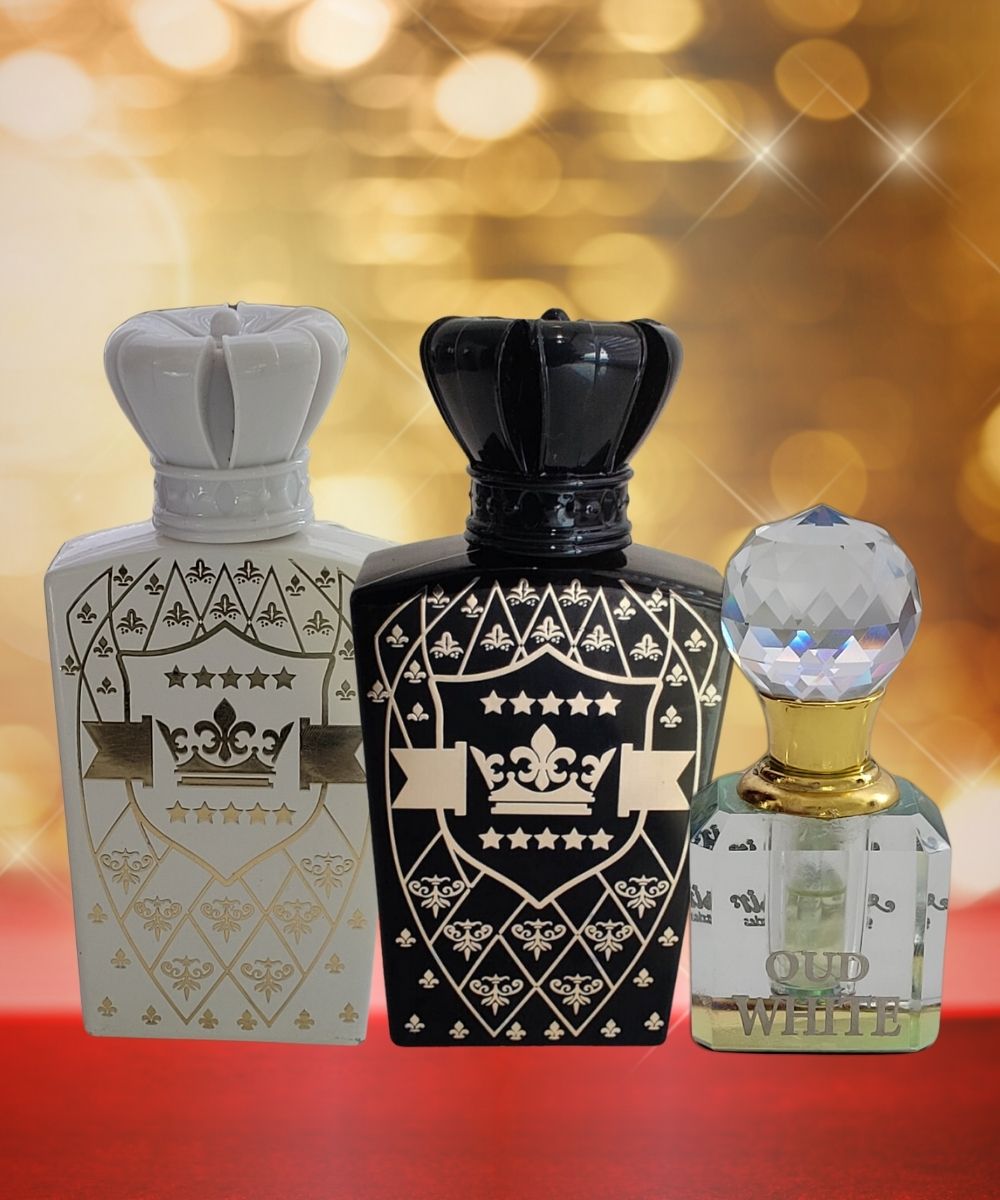
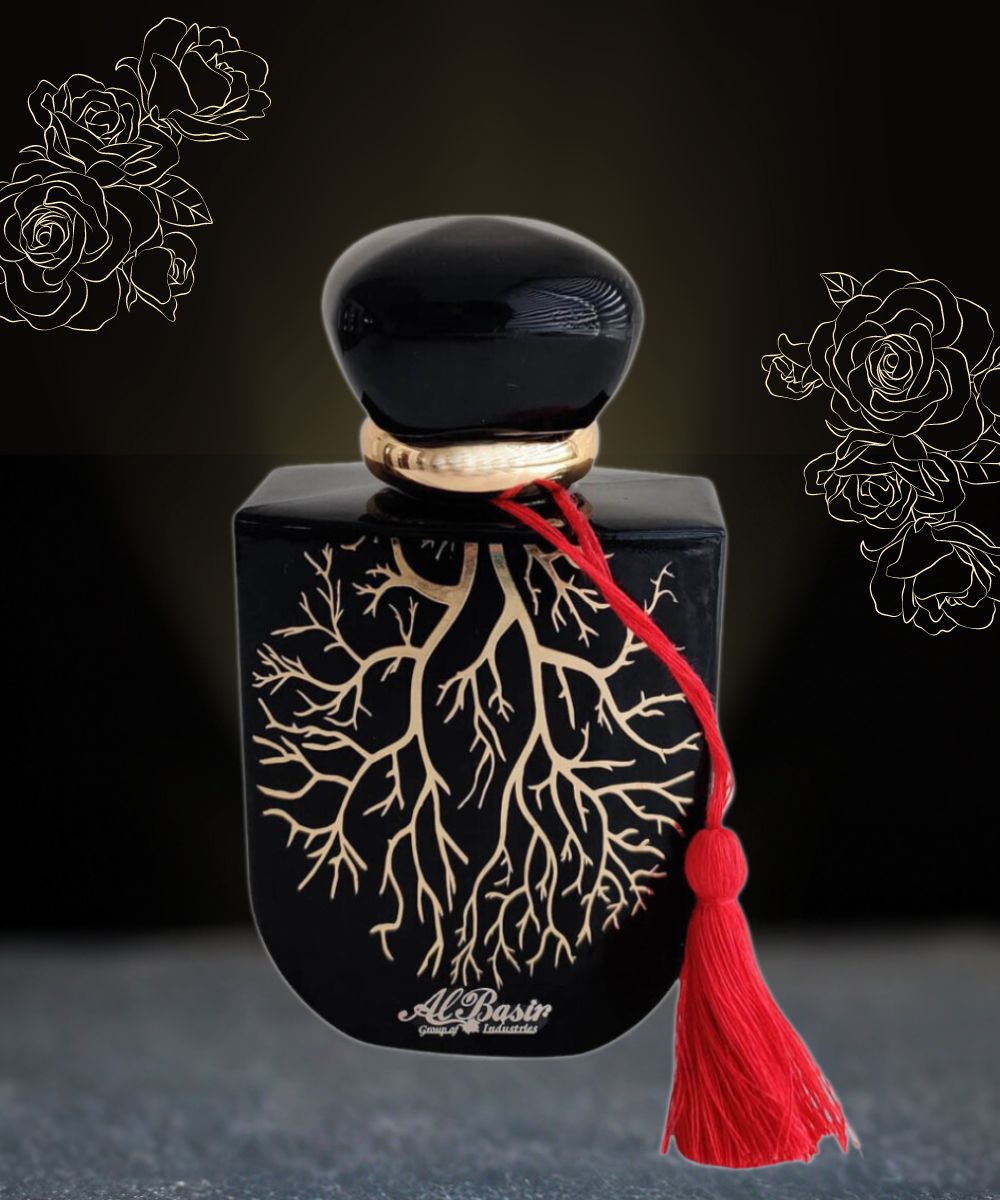

 Women
Women Home & Living
Home & Living
























































